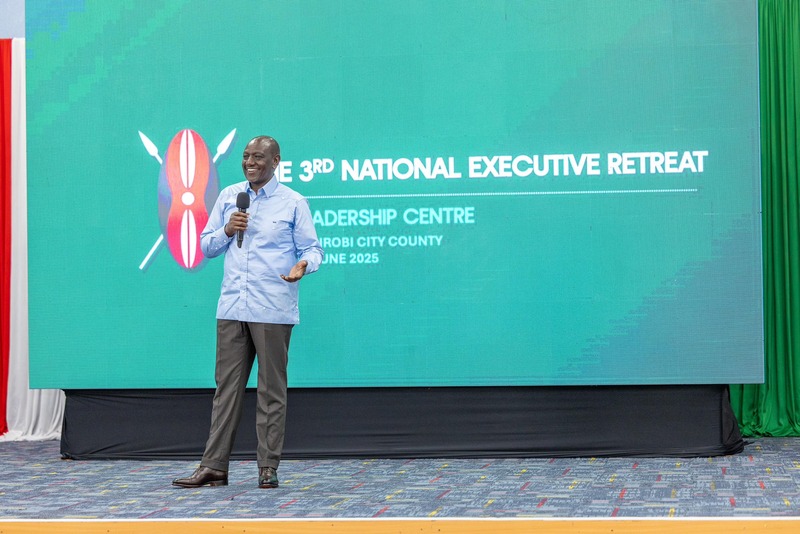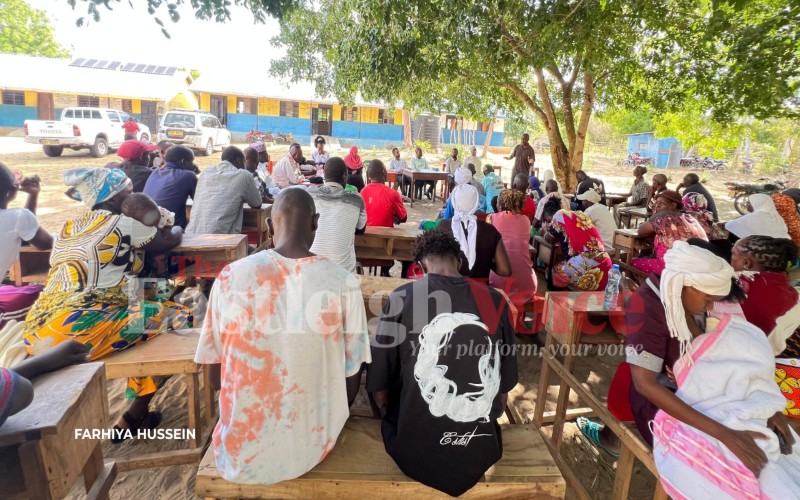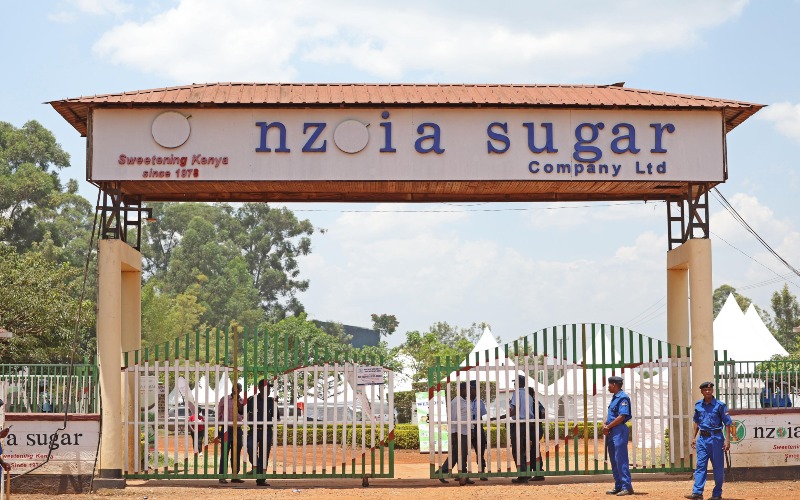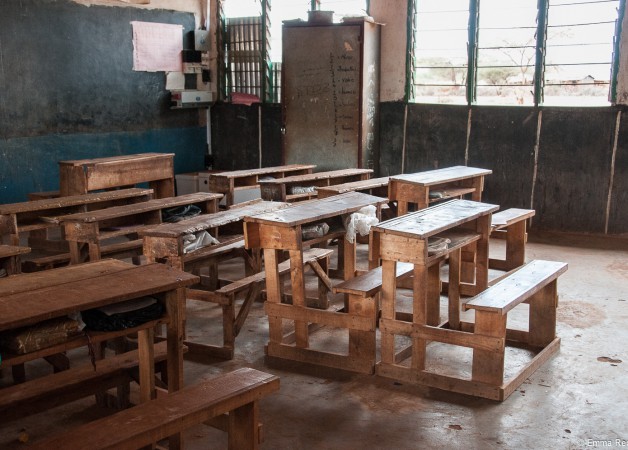1,600 science laboratories to be constructed in schools in rural areas, Ruto says

Speaking on Thursday during the Third National Executive Retreat, the President said the initiative is part of a broader government effort to enhance the quality of education and support science-based learning across the country.
The government will construct 1,600 new science laboratories across the country, with a focus on rural schools that currently lack such facilities, President William Ruto has announced.
Speaking on Thursday during the Third National Executive Retreat, the President said the initiative is part of a broader government effort to enhance the quality of education and support science-based learning across the country.
More To Read
- Ruto and Oburu strengthen UDA-ODM alliance after by-election win
- Ruto unveils Sh400 billion mega dam plan to turn North and Coast regions into Kenya's new food basket
- Ruto says 15,000 jobs on the horizon following launch of landmark highway expansion
- Ruto says Kenya can attain first-world status within three decades
- Petition filed to stop multi-billion Rironi–Nakuru–Mau Summit road project
- ‘Manifesto-free campaigns will sink you,’ Ruto warns opposition after by-election wins
Education Cabinet Secretary Julius Migosi, who was also present at the retreat, confirmed that construction is scheduled to begin next month in July.
Ruto said the government would prioritise schools that currently have no laboratories, adding that in some cases, students encounter basic science equipment like Bunsen burners for the first time during national examinations.
“To correct this, we are going to build 1,600 new laboratories, especially in rural schools and those that do not have labs,” he said.
Alongside the infrastructure expansion, the President revealed that 24,000 new teachers will be recruited by January 2026, with funds already allocated in the 2025/26 budget. The new hires, he said, will bring the total number of teachers employed under his administration to 100,000 since 2022.
“Many schools have only two or three teachers. That is unacceptable. We want to close that gap,” he said.
Ruto highlighted the severe state of the education sector his administration inherited, citing a dire shortage of teachers, confusion over the Competency-Based Curriculum (CBC), and a financial crisis across public universities.
He said 23 universities were technically bankrupt, burdened by Sh120 billion in debt. Most institutions struggled to pay full salaries, settle supplier bills, or remit statutory deductions.
“Many were paying half salaries. They couldn’t meet their obligations to NSSF or even pay taxes. The entire system was on the verge of collapse,” Ruto said.
The President said his government responded by hiring tens of thousands of teachers, reforming curriculum delivery, and restructuring university financing. So far, he said, 76,000 teachers have been recruited, while 23,000 classrooms have been constructed, 16,000 by the national government and 7,000 through the Constituency Development Fund and partners.
On curriculum changes, Ruto said the CBC has been restructured into a more refined Competency-Based Education and Training (CBET) model after extensive engagement with education stakeholders.
“We went out to listen to Kenyans. Now it is no longer just a curriculum; it is a holistic education and training approach,” he said.
He defended the new student-centred university funding model, noting it had shifted focus from institutions to learners. Under this system, students from poor backgrounds are eligible for up to 90 per cent government scholarship.
“Rather than give money to universities blindly, we now support the student directly based on need,” he said.
He acknowledged initial setbacks with the model, including misplaced funding bands, but said reforms have since improved the accuracy of the means testing instrument. Going forward, he said, the government plans to further refine the system to ensure fairer placement.
Ruto said the turnaround in university financing is already visible.
“Today, Vice Chancellors can pay their staff in full and on time,” he said, citing a recent visit to the Co-operative University, where the VC confirmed that the institution is meeting its financial obligations.
The President noted that the remaining balance of the promised 116,000 teacher recruitments will be completed next year. He also pledged to continue engaging stakeholders to assess the effectiveness of ongoing education reforms.
“Our education system must be fair, equal, and inclusive. No child should be left behind because of where they were born or the income of their parents,” he said.
The retreat brought together senior national and county government officials and focused on reviewing progress made in key development sectors, including education.
Top Stories Today











































